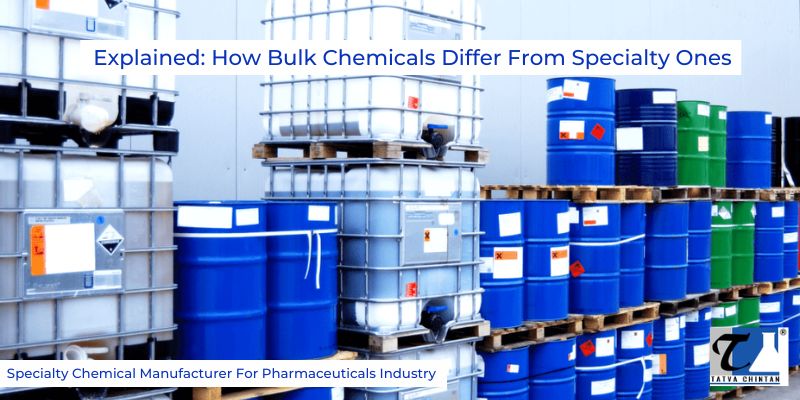What you should be aware of regarding CETYL TRIMETHYL AMMONIUM CHLORIDE

CETYL TRIMETHYL AMMONIUM CHLORIDE is the organic chloride salt of Cetyl Trimethyl Ammonium. As an organic compound, CETYL TRIMETHYL AMMONIUM CHLORIDE has at least one chlorine atom bound to it covalently. Organic chloride has many names and applications due to its diverse chemical properties and wide structural variety. Features of CETYL TRIMETHYL AMMONIUM CHLORIDE CETYL TRIMETHYL AMMONIUM CHLORIDE has many distinct features that make it an important organic compound industrially. Here are the main features of this organic chloride salt : CETYL TRIMETHYL AMMONIUM CHLORIDE is a yellowish-to-clear liquid known as cetrimonium. 1. It is a popular antiseptic and cationic surfactant. 2. It is prepared under controlled lab conditions and certified for purity. 3. The product's effectiveness lasts for many months. Everything you need to know about CETYL TRIMETHYL AMMONIUM CHLORIDE CETYL TRIMETHYL AMMONIUM CHLORIDE , also known as CETRIMONIUM CHLORIDE, is a surfactant and topical ant...




